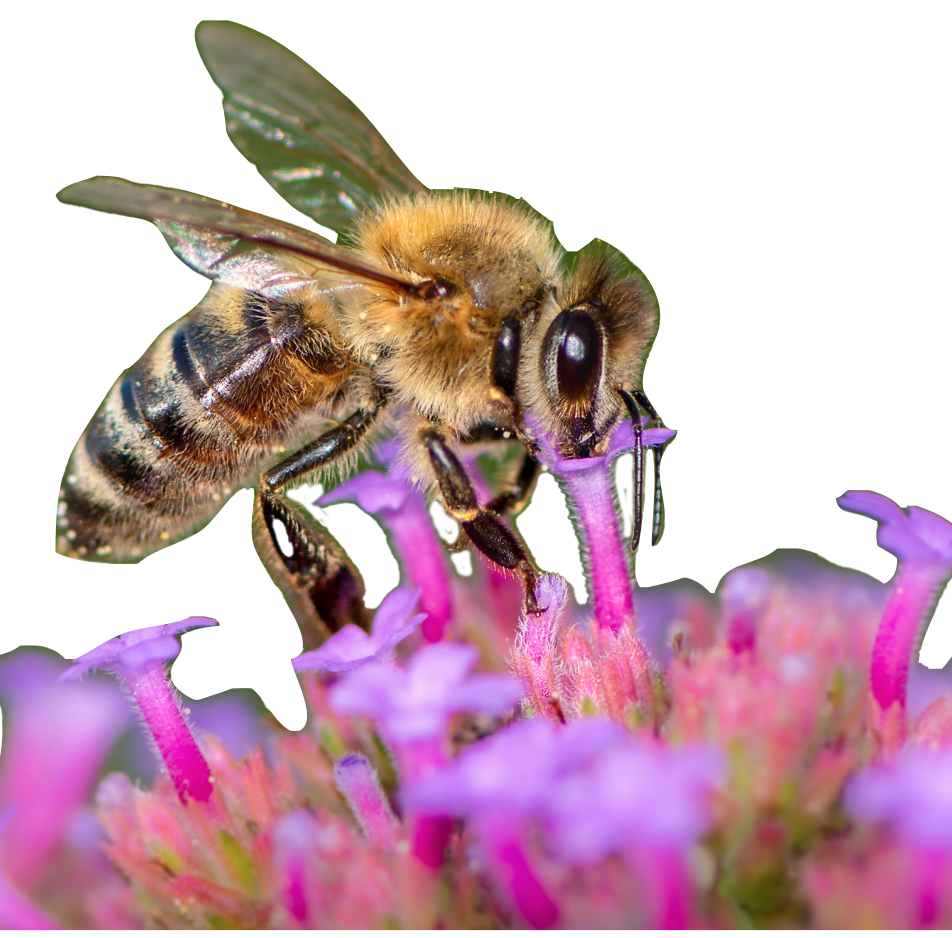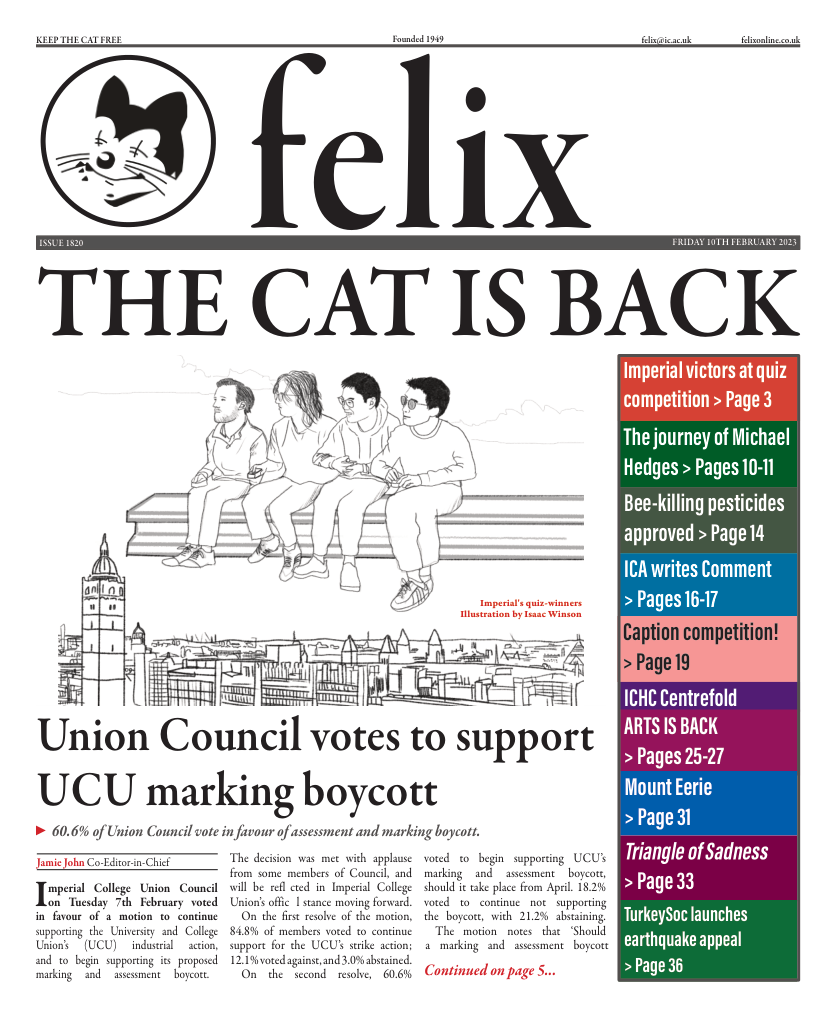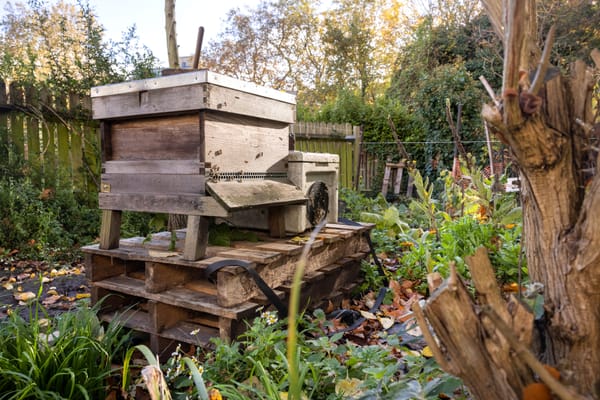Government approval of bee killing pesticide will further drive insect decline
A compelling case against the use of environmentally-unfriendly chemicals in agriculture.

Report after report reveals that the UK insect population is declining at an alarming rate. Scientists warn that we are entering an ‘Insect Armageddon’, which could have devastating impacts on our already fragile ecosystems. To add fuel to the fire, the Department for Environment, Food and Rural Affairs (DEFRA) approved the use of thiamethoxam, a harmful neonicotinoid pesticide known to particularly affect honeybee and bumblebee populations. This announcement comes after a potential threat posed by yellow virus, which affects production of sugar beet and is spread by aphids. Thiamethoxam is taken up by the plant and will be present in all parts of it, including the nectar and pollen. This makes it easily accessible to foraging insects like honeybees, moths and butterflies. The neonicotinoid is known to cause serious damage to the nervous system of these insects, making it difficult for them to navigate and forage for food. In 2018, the EU banned the use of thiamethoxam because of the damaging effects it has on pollinators. But following Brexit, UK government approved the emergency use of the pesticide to combat crop disease.
How are insect populations faring in the UK and why is this a significant announcement?
The “State of Nature” report is one of the most comprehensive nature reports available in the UK, published by a partnership of conservation organizations. It provides a comprehensive overview of population numbers, distributions and assessments of threats facing wildlife. The most recent figures from 2019 state that since the 1970s, the UK has lost over 40% of its bee, butterfly, and hoverfly species, and that many species are in danger of extinction. These significant declines are attributed to habitat loss, climate change, pollution, and pesticide use. The decline in insect populations has far-reaching consequences for the UK's ecosystem.
As we are all aware, insects play a crucial role in pollinating plants and providing food for other birds, bats and other animals. Their loss would mean a domino effect extinction of animals further up in the food chain. But this decline also has implications for food security, as many crops, such as fruit and vegetables, rely on pollination by insects. In fact, bees alone are responsible for 1 out of every 3 spoonfuls you eat!
Thiamethoxam will not only have a negative effect on the insects themselves, driving the decline of already low populations. Studies show neonicotinoids have negative effects on the overall health of the environment, including impacts on aquatic organisms, birds and other wildlife that depend on insects as a food source.
What are conservation organisations saying?
Understandably, the news has been met with anger and disappointment by conservation organisations and activists. The same announcement was made by DEFRA last year, leading the Wildlife Trusts to take legal action against the UK government over its decision.
To “put minds at ease”, ministers have announced that they will incentivise farmers to use fewer insecticides. This decision comes as part of new post-Brexit agricultural subsidies as part of the Sustainable Farming Incentive (SFI) announced by Environment Secretary Thérèse Coffey last Thursday. Farmers will receive payments for limiting their use of harmful chemicals and for looking after wildlife. But even with this scheme in place last year, it has been difficult to get farmers to sign up to the scheme – fewer than 2,000 have joined so far despite a hope of 140,000 joining.
Is adding subsidies really going to stop farmers using pesticide on top of pesticide to keep their crops safe?









